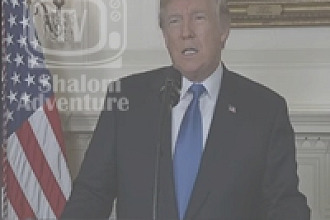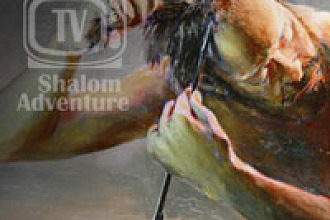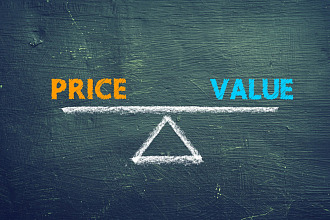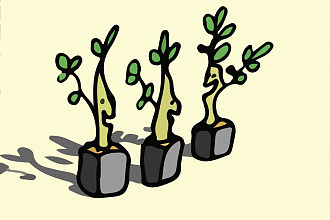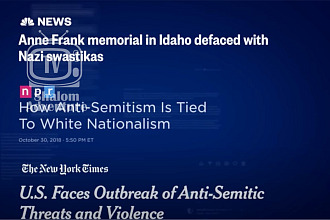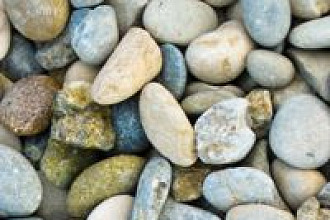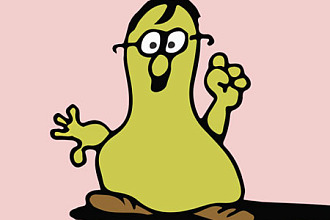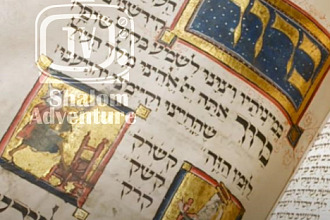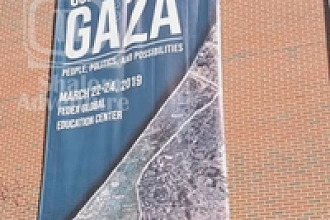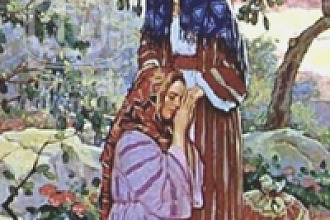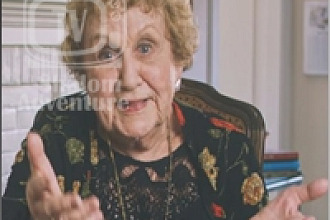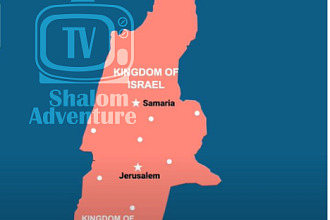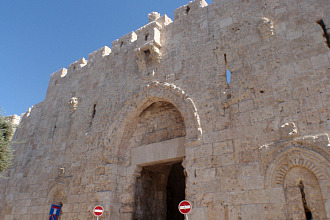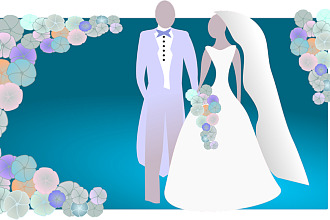He used to joke that he knew Yiddish better than Italian, the language of his grandparents who emigrated from Apennines. The singer was a Catholic, but at the same time was friends with Jews since childhood in New Jersey.
Frank's mother often left her son in the care of a Jewish neighbor, Misis Golden, who could only talk to the child in Yiddish.
…One of the most precious gifts, that Sinatra had, was a small mezuza, presented by the same neighbor - Mrs. Golden. As he became rich, He thanked his Jewish nanny, Ms. Golden, by buying her a quarter of a million dollars of Israeli bonds.
In 1942, when Information about Nazi crimes against Jews finally came to America, Sinatra bought hundreds of medals commissioned with the image of Saint Christopher (Christian martyr) on one side and the Star of David on the other. He handed out these medals at his concerts.
In 1943, he joined the national tour "We Will Never Die," a four-month dramatized performance in six cities hosted by Ben Hecht to draw public attention to the Holocaust.
In 1944, Sinatra insisted that his Jewish friend, Mani Sachs, will be a godfather at the baptism of his son, despite loud protests by a Catholic priest.
In the late 1940s, he left the golf club, which did not accept Jews...One day, Sinatra overheard a reporter call someone a "Jewish bastard" at a party. Frank knocked him down...
There's a 1945 short film, "The House I Live in," where Sinatra sings a song with the following words:"…Children of all races and religions in the playground are America for me...”
In 1947, Frank Sinatra participated in a benefit concert in support of the zionist movement. He spoke at a Hollywood Bowl action rally that drew 20,000 supporters.
In 1948 he helped in the illegal delivery of weapons to Israel. The representative of Hagana in the United States was then the future Mayor of Jerusalem Teddy Kolek… Sinatra was to hand over a bag full of cash to the captain of the ship on a wharf in New York… to confuse the federal agents who had long grazed Kollek…The ship departed and arrived safely to its destination. Sinatra told his daughter Nancy: “It was the beginning of a young nation. I wanted to help, I was afraid they might fail”
In 1962, the eleven-time Grammy winner gave seven concerts in six Israeli cities, handing over fees for the construction of the International Youth Center in Nazareth, which was named after the singer…
In 1964, Sinatra was officially barred from entering Lebanon because of his "moral and material support for Israel."
In 1970, under the patronage of Sinatra, a million dollars were raised for the construction of the student center of the Hebrew University of Jerusalem, and in 1978 the center was named after the singer.
Sinatra first met Simon Wiesenthal in 1979 when he told the Nazi hunter that "he was his hero for many years." When he learned that the Simon Wiesenthal Center was trying to make a documentary, Sinatra told them, "Although I'm not Jewish, the Holocaust is important to me,". He also became a member of the Center's Board of Trustees. In the months that followed, Sinatra appeared four times on behalf of the Center, raising hundreds of thousand dollars to fund the film "Genocide," which won an Oscar for best documentary in 1981.
In 1976, a Hollywood banquet honoring Sinatra organized by the American Union of Friends of the Hebrew University raised $1 million to build a student center on the campus of Mount Scopus. In 1978, the university named Frank Sinatra International Student Center in his honor.
In 2014, NBC News reported that Sinatra's CD collection had been exhibited at Lebanon's March office in Beirut, with the note saying they had been banned for "zionist tendencies."
In December 2018, Sotheby's auction in New York sold personal belongings of Frank Sinatra and his wife Barbara. Items (art, jewelry, books and others) were sold for millions. The proceeds were earmarked for the Barbara Sinatra Children's Center. Frank and Barbara created this non-profit organization in 1986 to support victims of child abuse. Among the personal items of "Mr. Voice" on display at the world-famous auction was a handmade kippah, owned by Frank Sinatra with embroidered notes and the inscription "Frank"…
It is not known who made this kippah, but the description of the lot emphasized that Sinatra all his life sympathized with Jewish values.
Picture originally found here



